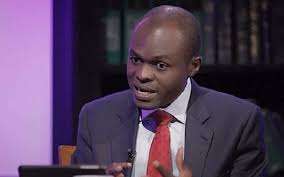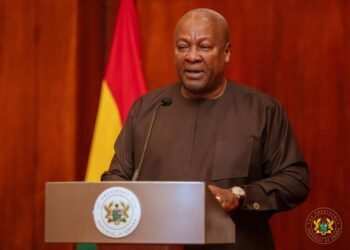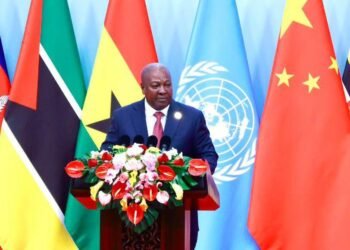Private legal practitioner Martin Kpebu Esq. has firmly articulated the position of the law regarding the ongoing controversies surrounding the re-collation of parliamentary election results in certain constituencies.
Addressing the issue, Martin Kpebu has condemned the re-collation of parliamentary electoral results by the Electoral Commission.
Martin Kpebu began by stating that CI 127 remains the authoritative framework for elections in Ghana. He made this point unequivocally, noting;
“When a candidate is declared as having duly won the election, you don’t see any provision that gives the EC the mandate to do another collation or call it re-collation.”
Martin Kpebu Esq. Private Legal Practitioner
He further referenced a statement issued by the Electoral Commission itself in 2020, which clarified this legal position.
“In December 2020, the Electoral Commission wrote a letter, and it was clear, very clear, in paragraph 13 that after a declaration, you cannot do any collation.”
Martin Kpebu Esq. Private Legal Practitioner
Martin Kpebu acknowledged that there could be constituencies where collation was incomplete, and in such cases, the law allows for the process to be finalized.
However, he was categorical in asserting that constituencies, where results were declared, cannot be subjected to re-collation. He explained;
“My understanding is that some of the constituencies did not finish the collation. If that is true, then for those where collation has not been done, we should allow the law to take its course. But for those where a collation was done and certain candidates declared winners, that is it. End of the road.”
Martin Kpebu Esq. Private Legal Practitioner
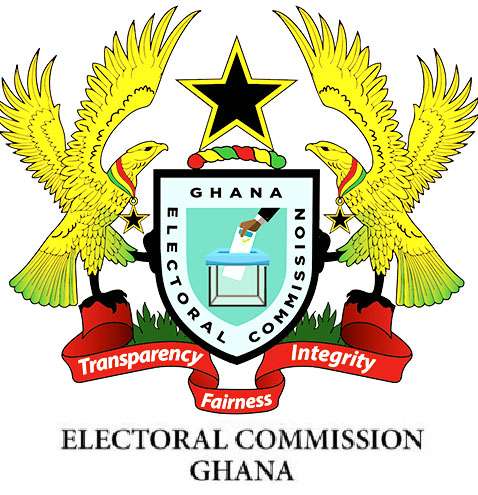
Martin Kpebu further cited the EC’s December 30, 2024, statement, signed by Deputy Chair Dr. Bossman Asare. The statement reads;
“The Electoral Commission wishes to inform the general public that the re-collation of results is limited to constituencies where the legal processes as enshrined in CI 127 were not followed or where collation on election day could not be completed.”
The Electoral Commission
For Martin Kpebu, this position reinforces the principle that results that have been declared in line with legal processes cannot be revisited administratively.
He stressed that any challenges to declared results must follow the legal route of court action.
According to Martin Kpebu, allowing the Electoral Commission to oversee a re-collation of results after a declaration undermines the legal process and could set a dangerous precedent.
“If you declare somebody a winner under Regulation 43, that is the end of the matter. Let the case then go to court. Because mistakes happen in an election, and it’s also very clear that you cannot use administrative lapses to nullify somebody’s votes.”
Martin Kpebu Esq. Private Legal Practitioner
Martin Kpebu drew parallels with the past electoral petition, where the Court ruled. He explained;
“Remember, that was the gist of the 2012 election petition. The Supreme Court held that you couldn’t use administrative lapses to nullify the sovereign will of the people.”
Martin Kpebu Esq. Private Legal Practitioner
A Warning Against Turning the EC Into a Court
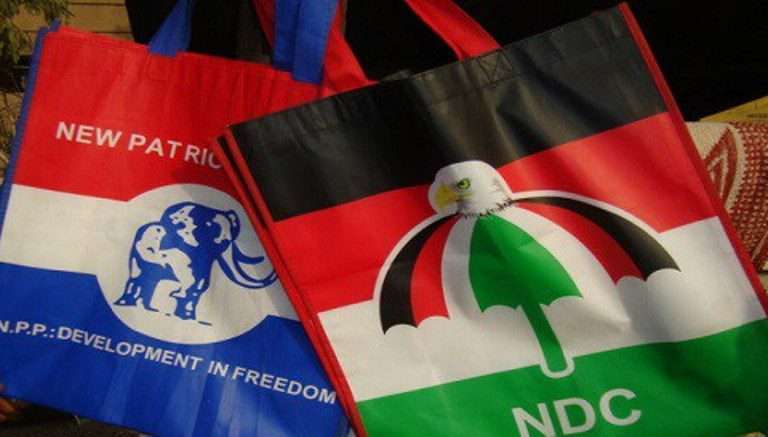
“If we don’t do that, then it means that very soon we will turn the Electoral Commission into a court of law. Everything, they will resolve it, and that’s dangerous.”
Martin Kpebu Esq. Private Legal Practitioner
To Martin Kpebu, the integrity of the electoral process hinges on respecting declarations made by the EC. Once declared, the results can only be challenged through a court of law, not through administrative reviews or re-collation processes.
In conclusion, Martin Kpebu reiterated that the Electoral Commission must adhere to the provisions of CI 127.
He maintained that constituencies with declared results must remain untouched, while unfinished collation processes can proceed within the confines of the law.
For Martin Kpebu, respecting the legal framework is essential for upholding the integrity of Ghana’s electoral process.
Martin Kpebu’s perspective is a clear interpretation of the law, underscoring the importance of legal processes in addressing electoral disputes and safeguarding the will of the people.
READ ALSO; Grace Ashly on Methodist University Exam Malpractice Controversy


